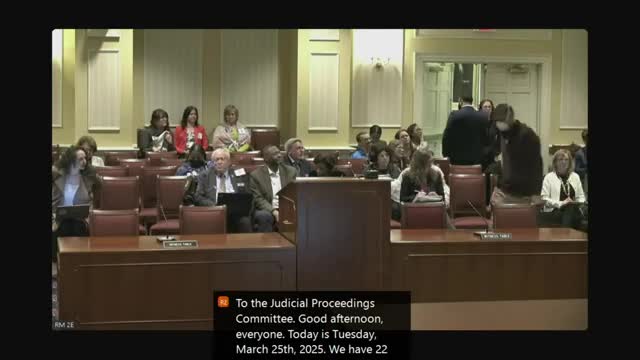Article not found
This article is no longer available. But don't worry—we've gathered other articles that discuss the same topic.
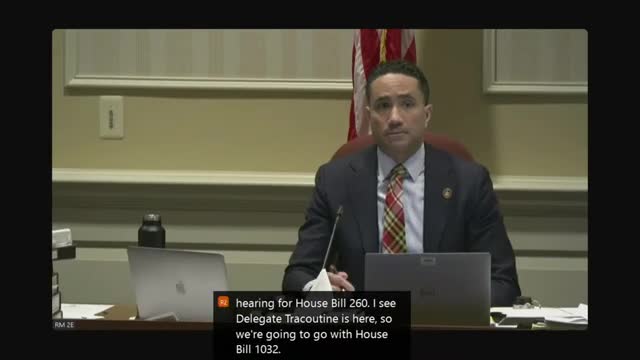
Bill would let Montgomery County and Baltimore City pilot stop‑sign monitoring cameras in school zones
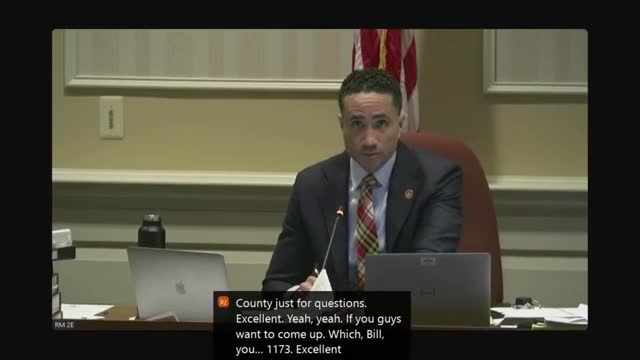
Montgomery County bill would let county place speed cameras on high‑injury network; committee probes revenue, vendor fees
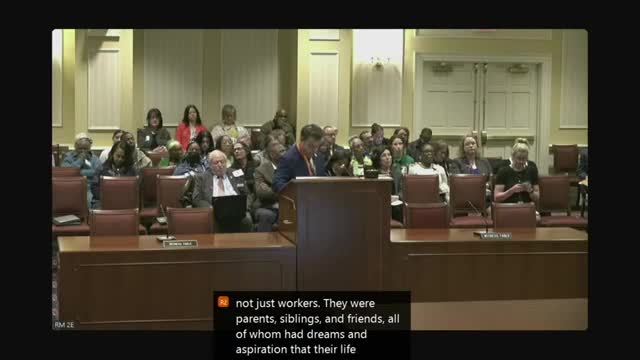
Second‑Look bill advances in committee amid strong testimony both for and against

Panel reviews bill to reform medical and geriatric parole, remove governor from medical-parole decision process
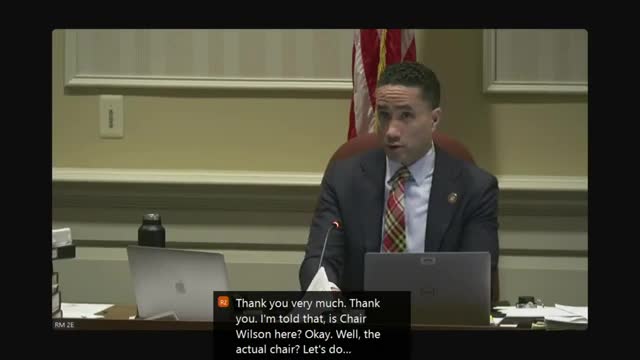
Committee hears bill to criminalize AI‑generated child sexual abuse material
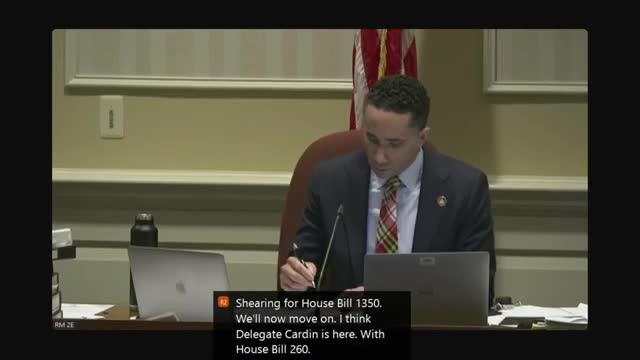
Committee reviews bill to make paraphernalia penalties commensurate with drug possession
